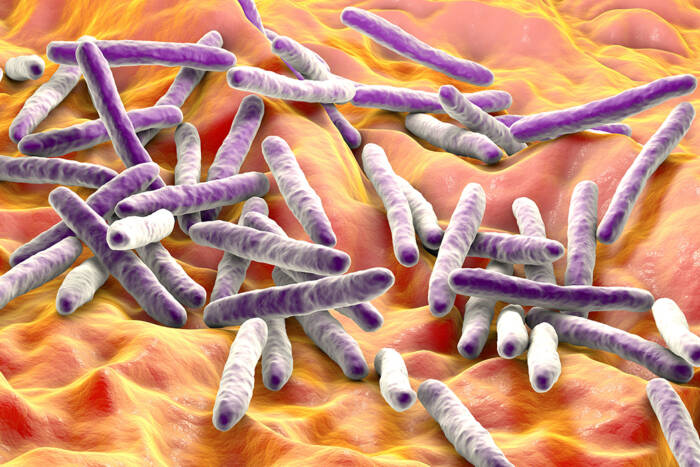Alexandra M. Deaconescu
B.E., The Cooper Union
Structural Studies of the MFD ATPase — Coupling Transcription and DNA Repair in Bacteria with a dsDNA-tracking Motor
presented by Sidney Strickland (on behalf of Seth A. Darst)
Alex joined my laboratory as a graduate student in the summer of 2002. She grew up in Romania but came to New York for her undergraduate education at Cooper Union, where she graduated with a degree in chemical engineering. She came to my laboratory with past, highly successful undergraduate research experience in Stephen Burley’s laboratory, as well as experience as a rotation student in other laboratories at Rockefeller. She was highly recommended by all who worked with her. She joined the lab already with significant scientific accomplishments, and had a very mature scientific perspective. She spent tremendous energy familiarizing herself with the literature of our field (bacterial transcription), and worked extremely hard in the lab.
Alex’s thesis project was directed toward a structure/function analysis of the bacterial transcription repair coupling factor (TRCF). In all organisms, transcribed DNA is repaired much more quickly than nonactive DNA, and this phenomenon is called transcription repair coupling. In bacteria, a single polypeptide, the TRCF, is responsible for this. TRCF is a 130 kDa, multifunctional SF2 ATPase that recognizes RNA polymerases stalled at sites of DNA damage, uses ATP hydrolysis to remove the RNA polymerase from the site, then recruits DNA repair proteins to the site.
Alex did superb work on a very challenging problem. She solved the 3.2 Å-resolution x-ray crystal structure of full-length Escherichia coli TRCF. This was a challenging crystallography problem for many reasons. She collaborated with other laboratories to complete biochemical studies to confirm hypotheses that were derived from the structure. We also constructed a model of how TRCF interacts with the elongating complex of RNA polymerase. This work resulted in her well-deserved paper published in Cell.



